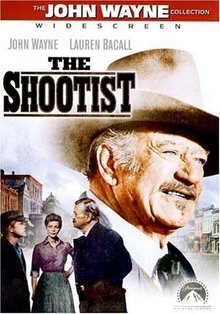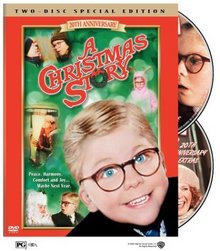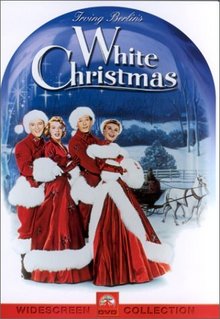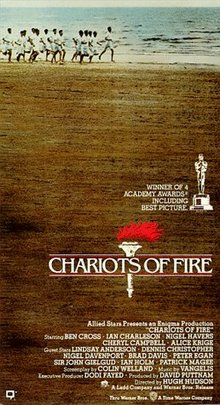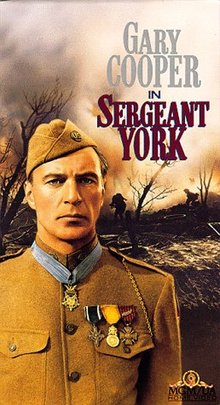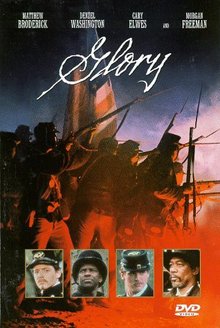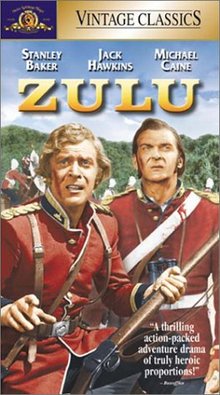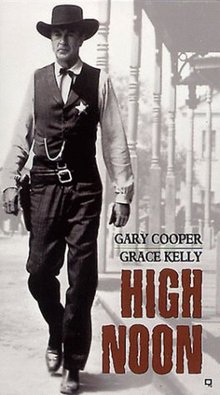| The point of the Fundamentals in Film class was to help a group of young men see examples of “manly” behavior beyond just pro wrestlers or Homer Simpson. The World War II submarine movie U-571 fit the bill, having the requisite non-stop action and examples of strong character under stress (true of most films in the series). The special lesson from this film, however, also dealt with being able to control your face and emotions when things don’t go your way. | 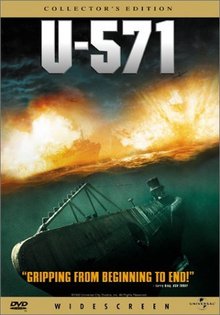 |
This was a good lesson for the group of young men in my charge who were prone to expressive outbursts, eye-rollings and other body language if they felt an injustice had been done unto them.
At the beginning of the movie young Andy (Matthew McConaughey) is the executive officer of a submarine who has just been passed over for promotion to captain of his own sub, due mainly to his own captain rating him as not being ready for command.
He finds this out just before their sub is sent on an urgent, secret mission to try and capture a damaged German submarine and its priceless Enigma decoding device. Andy knows he’s a good officer and can’t understand why his captain (Bill Paxton) thinks he is lacking. The captain explains that Andy is still too much of a friend to his sailors and not a commander, ready to make hard decisions and give orders that might get some of them killed in order to preserve the rest or the mission (so guess what’s going to happen in the movie).
Indeed, when Andy is forced to take command under pressure he is uncertain and his lack of confidence threatens to lose him control of the ship as his lack of leadership creates a vacuum that threatens chaos. Another great example in the movie is how the sailors cope with the stress of their constantly deteriorating situation, even as one seemingly unfair thing after another happens. The men aren’t happy about it, of course, but go about doing what has to be done.
U-571 is an excellent movie simply from an entertainment perspective. If you add in the examples of character under extreme circumstances it also becomes an especially meaningful movie.
Themes:
- The qualities of leadership.
- The meaning of sacrifice (“Greater love has no man but that he lay down his life for his brother”).
- Having a perspective of the greater good, beyond yourself.
- Showing respect and being obedient even if you are upset or feel wronged (controlling your face and your emotions).
- The necessity at times of having to make hard decisions, using imperfect information, that have significant consequences in other peoples’ lives.
Questions to answer:
- Why did the captain think Andy was not prepared to be the captain of his own sub?
- Did Andy’s disappointment affect his obedience and discipline? Contrast Andy’s behavior with Mazzola’s.
- What are the burdens of authority?
- What was the over-riding principle Andy had to use in making his decisions?
- Would it have done any good for Andy (or anyone in the crew, to protest being in an unfair situation?
Great quote:
“A sea captain is a mighty and terrible thing.”












